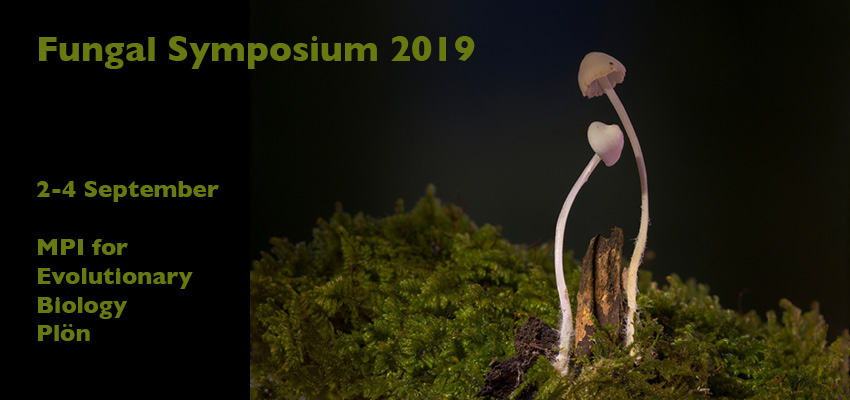Speaker
Description
Lizel Potgieter 1,2, Alice Feurtey1,2, Ronnie de Jonge3, Mark Varrelmann4, Mark McMullan5, Melvin Bolton6, Eva H. Stukenbrock 1,2 1. Environmental Genomics, University of Kiel, Kiel, Germany 2. Max Planck Institute for Evolutionary Biology, Plön, Germany 3. Plant-Microbe Interactions, Utrecht University, Utrecht, Netherlands 4. Institut für Zuckerrübenforschung an der Universität Göttingen, Göttingen, Germany 5. The Earlham Institute, Norwich Research Park, Norwich, UK 6. Northern Crop Science Laboratory, United States Department of Agriculture, Fargo, ND, United States Cercospora beticola is a fungal pathogen of sugar beet that causes the disease Cercospora Leaf Spot (CLS). Sugar beet is a relatively modern crop with a well documented domestication history in Central Europe. The ancestor of sugar beet is the wild beet species Beta vulgaris spp. maritima which can also be infected by C. beticola. Cultivated and wild beet species provide an excellent model system to study the effect of host domestication on pathogen evolution due to the recent domestication, and host range expansion of sugar beet. We collected isolates from C. beticola from wild and cultivated beet from several sites in Europe and the US. Sequencing the 37Mb haploid genomes of 150 isolates allowed us to identify population differentiation of pathogens on wild and cultivated host species suggesting divergent host specialization. Over all, the genomes of the C. beticola populations on the two distinct hosts harbour similar amounts of genetic variation, and are likely closely related. Nevertheless, the genomes of C. beticola also bear signatures of recurrent gene flow. We have identified regions that exhibit a higher extent of sequence divergence between C. beticola populations isolated from the wild and cultivated hosts. These regions include genes that may evolve under divergent selection during recent adaptation to the distinct hosts. Results from this study are beginning to shed light on the evolution of C. beticola associated with geographic domestication, beet breeding, and monoculture host populations.

